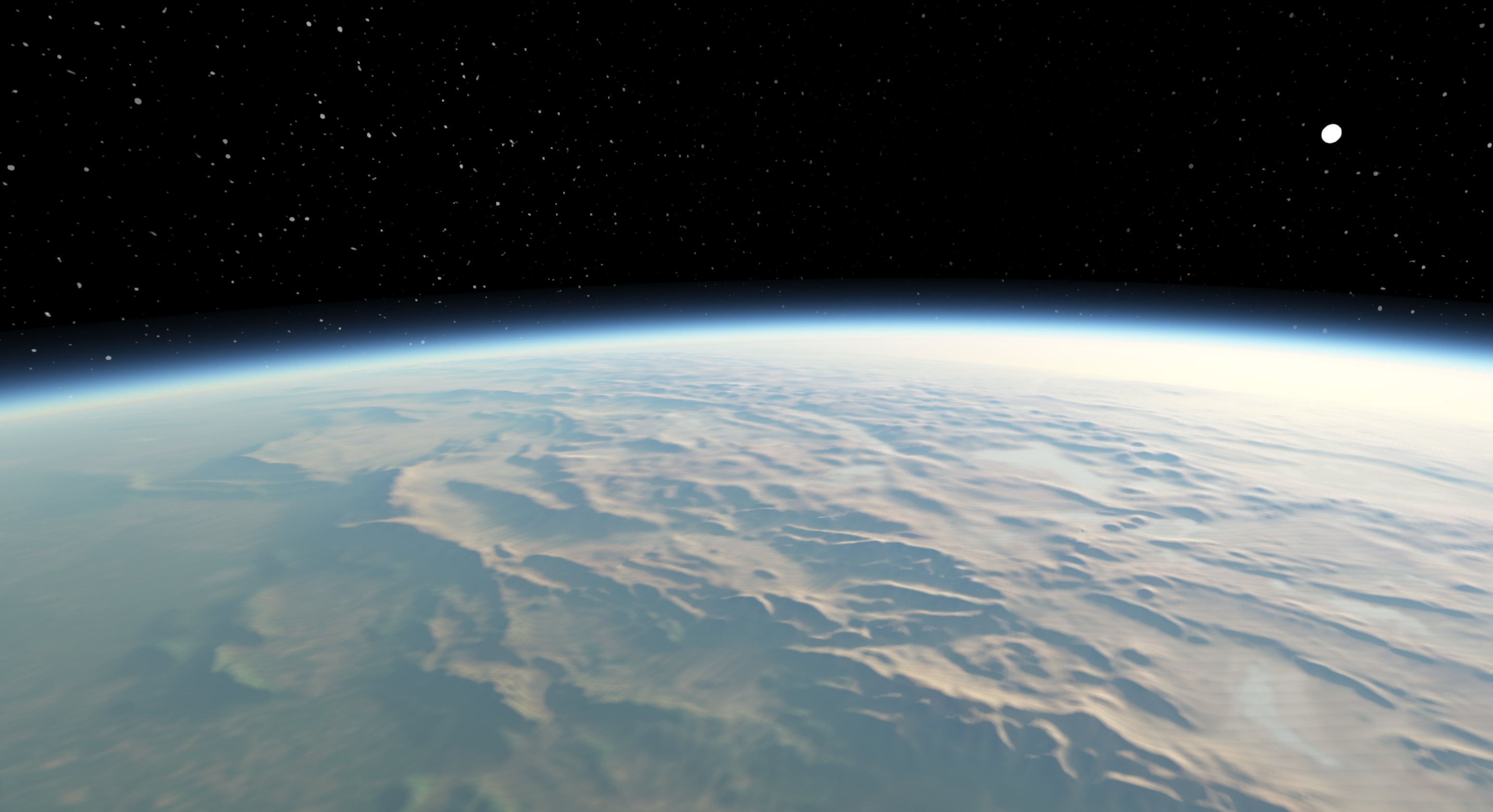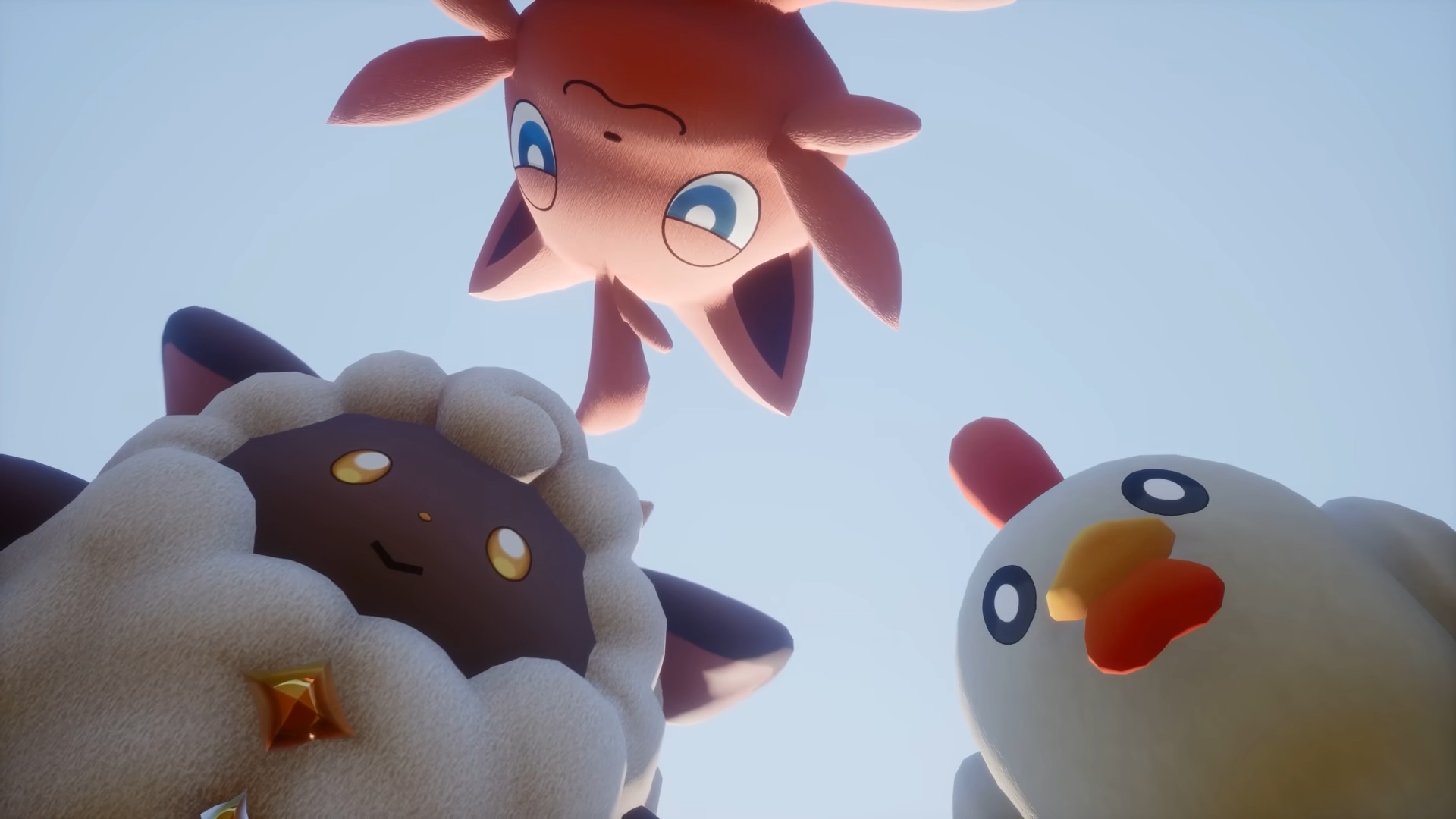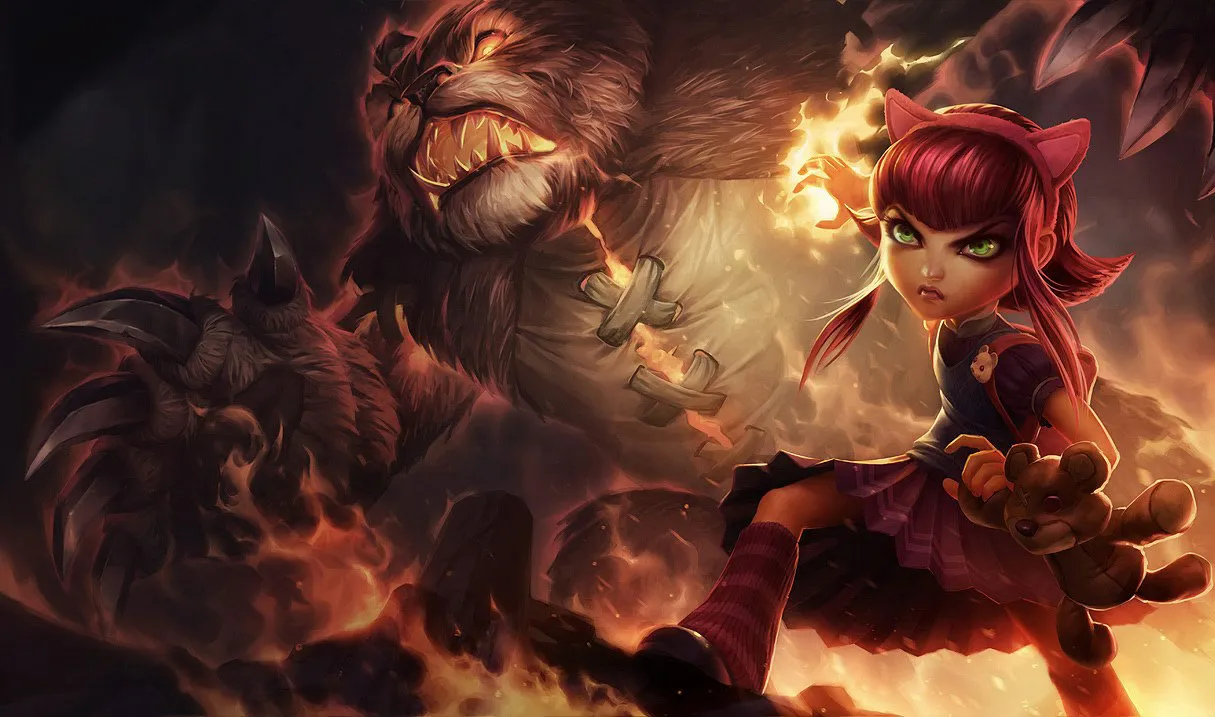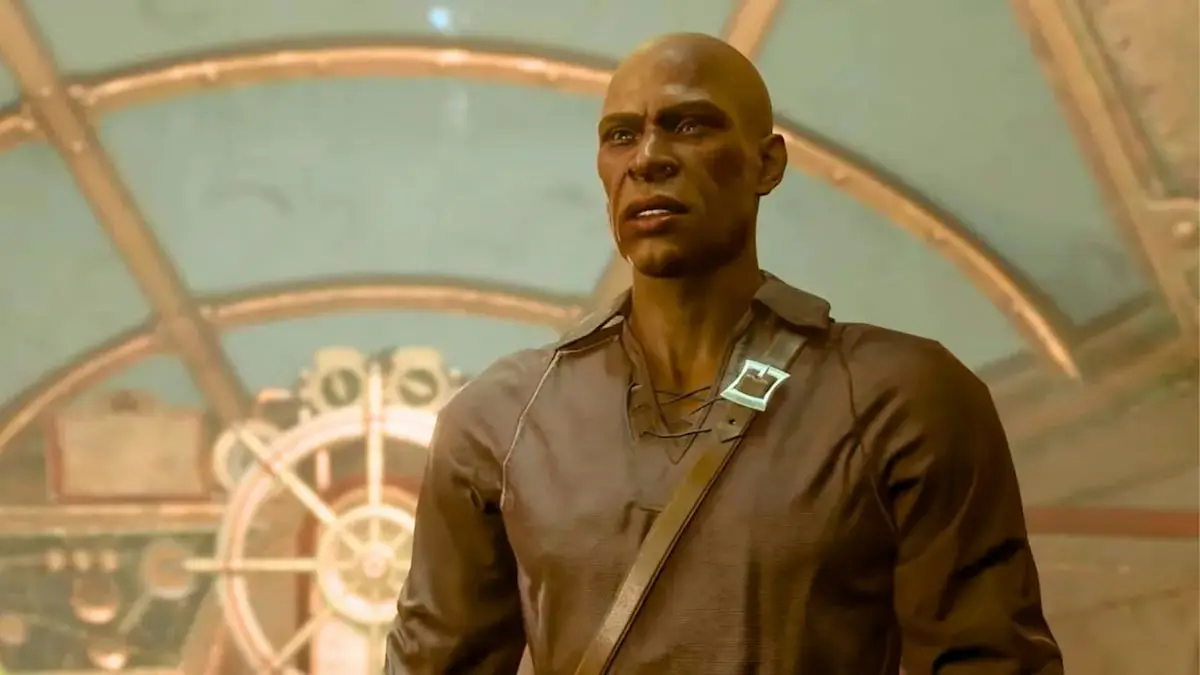
PlayerUnknown Productions is cooking up something huge, and we're finally learning more about it.
It’s been a while since PUBG creator Brendan Greene talked about his next project. Our first chat about Artemis, the Earth-sized digital planet he’s building, was at GDC back in early 2023. Since then, Greene’s been pretty quiet about Artemis, but that’s about to change.
Greene’s Amsterdam-based studio, PlayerUnknown Productions, opened up its Discord for the first time today and will be livestreaming a “fireside chat” with Greene and other members of the dev team tomorrow. The chat is scheduled for Friday, September 6, at 10:00 am PDT / 1:00 pm EDT / 19:00 CEST, exclusively on the PlayerUnknown Productions Discord.
Speaking of chats, I finally got another chance to talk to Greene and several members of his team about their studio and the digital world they’re building when I visited the PlayerUnknown Productions office in July. You can read the full story in our magazine: it appears in issue 401 of PC Gamer Magazine UK, on newsstands next week, and in issue 389 of PC Gamer Magazine US. Below, you’ll find a few excerpts from the full story, but there’s lots, lots more in the mag.
World-building
Seamlessly zooming in on planets from outer space is nothing new: I’ve been landing on alien worlds in games like No Man’s Sky and Kerbal Space Program for years. The difference here is scale. The world Brendan Greene is showing me—the digital planet he’s building—is the size of an actual planet.
It’s called Artemis, and it’s a planet the size of Earth. As I peer over Greene’s shoulder at his monitor, the view is from orbit, with roughly half the planet visible in outer space—until he begins zooming in. And in. And in. As we dive toward the planet’s surface, terrain appears, resolving into mountains and hills. Massive forests become individual trees, and as we reach ground level I admire the textures of realistic boulders and rocks. After a quick look around at the scenery, Greene zooms way, way back out until we’re up in orbit again, then zooms all the way back into another wilderness landscape of trees, hills, and mountains the size of actual mountains. It’s hard not to be impressed by the massive scale of the world and the rendering tech that generated this detailed planet in seconds.
(Image credit: PlayerUnknown Productions)
It’s building a holodeck, building a space that you can create whatever experiences you want.
Brendan Greene
According to Greene, Artemis will be a massively multiplayer sandbox capable of supporting thousands and eventually millions of players at the same time. To accomplish that ambitious goal, Greene decided he needed to build not only a new game engine but an entirely new company: PlayerUnknown Productions.
A completed Artemis is still a long way off—some of the technology needed to complete Greene’s vision doesn’t even exist yet. But in the years since the studio was formed, it’s already come a long way.
Scaling up
Work on Artemis began while Greene was still with Krafton, publisher of his mega-hit battle royale game, PUBG. He began putting together a team to build a new survival game set on a 100×100 kilometer map, but soon began to envision an even bigger game world.
Brendan Greene (Image credit: PlayerUnknown Productions)
During a visit to his studio in Amsterdam, Greene tells me he was “fascinated” by the sprawling maps in the DayZ mod for Arma 2, which he modded to create his first battle royale mode, and H1Z1, on which he served as an advisor for Sony Online Entertainment before joining Krafton to make PUBG.
“I was always excited by that sort of massive open world, especially emergent space,” he says. He eventually began considering a spherical game world to avoid the traditional borders and barricades at the edges of the map. A planet-shaped map, in other words.
“How big can we go?” he asked himself. “It eventually turned into Earth-scale, because it was a nice challenge.”
As his vision got bigger, Greene decided to leave Krafton and form his own company. “What we’re doing is just super risky, right? And eventually I decided it’s better just to do it myself.
“It was a lot harder than I thought,” he adds with a laugh.
“Excitement and terror”
“For me, it’s like we’re trying to build a next generation game engine, simply put,” Greene says. “And it’s not just a game engine, but it’s a world engine, or a digital place engine. But really, it’s building a holodeck, building a space that you can create whatever experiences you want.”
I ask how people react when he first pitches his vision to them, and he tells me what happened recently while describing the idea of a planet-sized game world that can support a million players to a prospective new hire. “She was just staring with a mixture of excitement and terror. Pure terror in her eyes, like… ‘You want to do what now?'”
(Image credit: Future)
To read the entire story (and much more!) consider a print or digital mag subscription.
– UK edition (Issue 401)
– US edition (Issue 389)
Greene’s head of studio, Kim Nordstrom, formerly chief strategy officer at Paradox Interactive, uses a similar phrase to describe his first impressions of the project. “I had the same reaction like everyone else. First of all, it’s super abstract, and so big, and super risky, and super expensive,” Nordstrom says. “I always describe it as exciting and terrifying at the same time. It really is that mixture. ‘You want to do what? But that’s crazy!’ And then 30 seconds later you go, ‘Oh, if we can do that… holy f**k, that’d be amazing.'”
For now, more specific details about the game engine and Earth-sized planet PlayerUnknown Productions is building are being kept under wraps. The website mentions a tech demo is planned to let players get their first look at an early version of Artemis, though a release date for that demo hasn’t yet been announced or even hinted at yet. I’m curious to see what players make of it: the tech is impressive, but as we saw most recently in Starfield, generating a beautiful planet is just one part of the challenge. Turning that planet into an interesting and compelling place players will want to spend their time is another, potentially even tougher endeavor.
“What we’re doing is new, and we may run into roadblocks along the way that don’t allow us to go as big or as quick [as we’d like],” says Greene, adding: “This is going to be a bumpy road. But if you come along with us for the journey, we’ll have highs, we’ll have lows, but it’ll be a great journey and we’ll have something very special at the end.”






